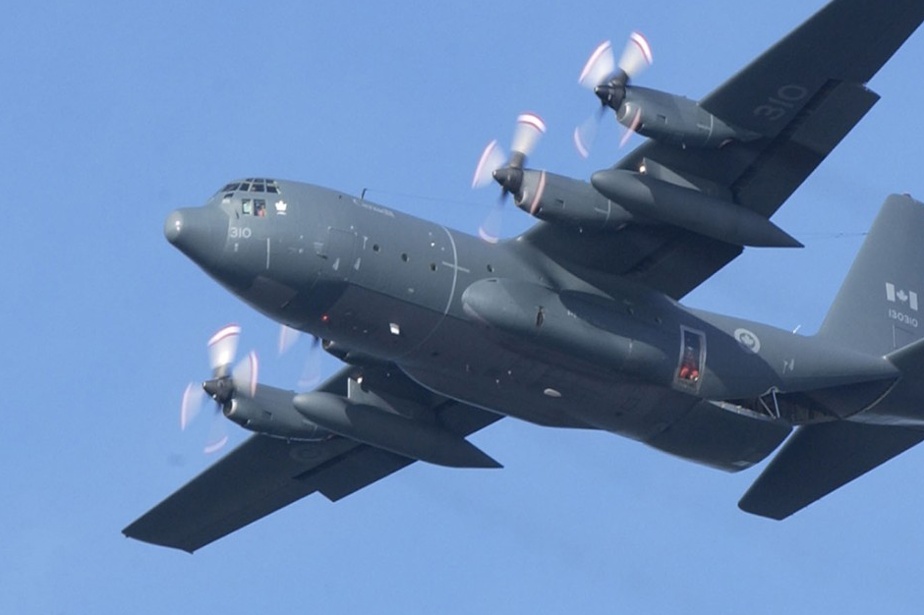(Ottawa) Two Canadian Armed Forces CC-130 Hercules aircraft will conduct evacuation flights from Sudan, but they are waiting for “conditions to permit” – conditions which, when in place, may not remain so very long, warns Global Affairs Canada.
National Defense Minister Anita Anand provided an update on Wednesday as the hours of the 72-hour ceasefire that came into effect Monday pass. The truce is, moreover, very fragile, new fighting between the Sudanese army and the paramilitaries having broken out in the capital, Khartoum.
“Canadian Armed Forces personnel and resources have been sent to the area and are planning evacuation operations… They are coordinating, in close collaboration with our allies and partners, their efforts to be able to evacuate as many people as possible. possible number of people,” she said.
The Canadian forces, numbering around 200, “stand ready” to begin evacuation flights and will do so “as soon as ground conditions permit,” Anand said. They won’t be in place for long, senior government officials have warned.
Beyond the next few days, the security environment risks seriously deteriorating in the North-East African country, and it is therefore necessary to take advantage of the “window” that has opened for as long as it will be,” said Assistant Deputy Minister of Consular Affairs at Global Affairs, Julie Sunday.
Even if it is, that does not make the operation baptized Savane simpler: this Wednesday, a Canadian flight which was to land in Sudan had to be canceled, like those of four or five other countries, indicated alongside him Vice-Admiral Bob Auchterlonie, Commander Canadian Joint Operations Command.
Each CC-130 Hercules aircraft can carry approximately 100 passengers. The first portion of the journey will be at government expense, but once safely in a safe third country, evacuees will have to pay the cost of the ticket to Canada, if they wish to return. Emergency loans could be granted.
In addition to the two Hercules aircraft that recently arrived in the region, Canada also has two ships in the Red Sea, in Port Sudan, a frigate, and a supply ship. Evacuations by sea could therefore also be carried out, even if this is not the option favored by the Armed Forces.
Of the approximately 1,800 Canadians in Sudan, according to the Global Affairs Registry, about 700 had requested assistance, Foreign Affairs Minister Mélanie Joly said in a scrum.
So far, 180 Canadians have been rescued, said Ms. Sunday, thanking countries such as Germany, France, the Netherlands and Greece for their support, as well as the United States, which offered the transport to diplomats from the Ottawa embassy in Khartoum.
“There is no delay,” Prime Minister Justin Trudeau defended Tuesday when asked why Canada is lagging behind several countries that have already managed to establish air bridges for extirpate their nationals.
The Minister of Immigration, Sean Fraser, relaxed certain immigration measures last Monday, but he has not come to the point of proposing a reception program for Sudanese as has been done for Afghans or for Ukrainians, for example. .
However, he did not categorically dismiss it. “I’m looking at other options for people who are in Sudan who are not Canadian nationals,” he said. The specific remedy for different groups may vary.

